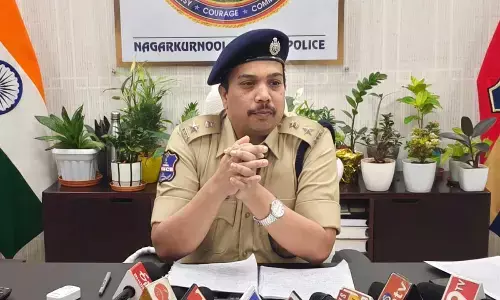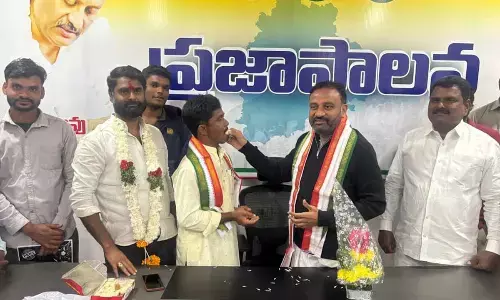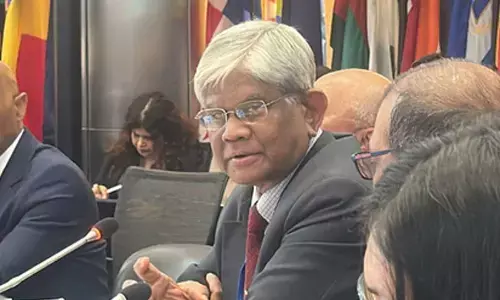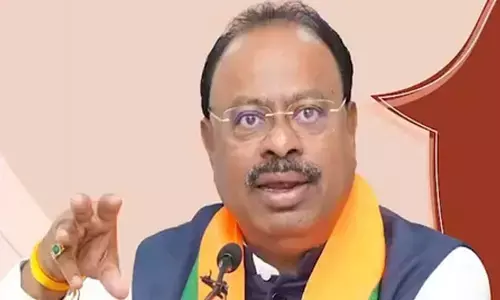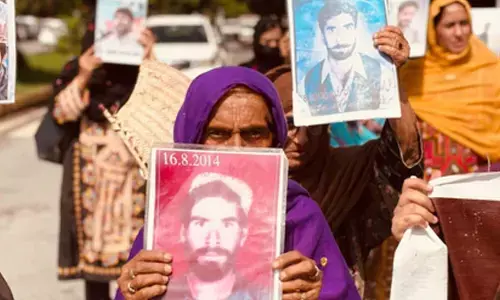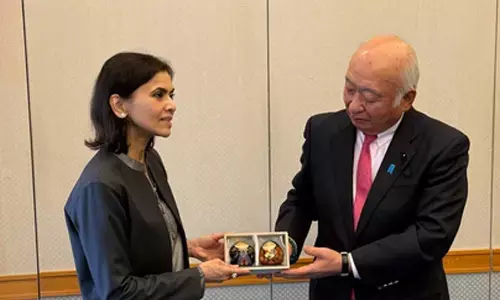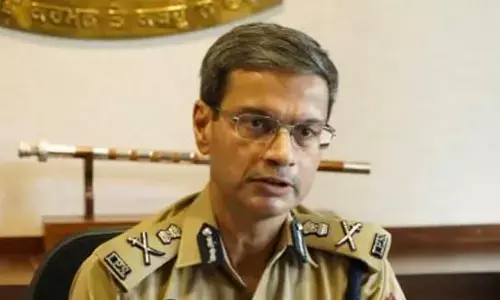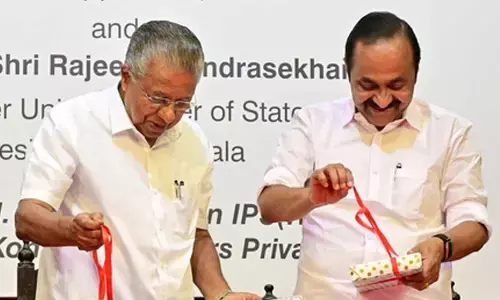Social justice is in Religious ideology is out! Karnataka elections show the way

India has witnessed various social justice movements that aim to address issues of inequality and discrimination based on caste, gender, and religion.
India has witnessed various social justice movements that aim to address issues of inequality and discrimination based on caste, gender, and religion. Movements such as the Dalit rights movement, women's rights movement, and movements for religious minority rights have played a significant role in advocating for social justice. They were all restricted to a few pockets in the country and were never a nationwide movement.
But in the coming months, these movements will take a big leap into the national socio-political and economic milieu following the Indian National Congress (INC) giving a call to strengthen the social justice delivery system in the country. the Congress is working out a social justice plank for the 2024 Lok Sabha elections, INC leader Rahul Gandhi has made a fervent appeal for the removal of the 50% cap on reservation for Scheduled Castes (SCs), Scheduled Tribes (STs), and Other Backward Classes (OBCs), with a call “Jithni Abhadi Uthna Haq” (meaning rights should be proportionate to population). It took some time for the message of Rahul Gandhi to sink into national politics. Still, after a good three months, all regional parties are talking about social justice’s role in democracy.
Rahul Gandhi during his speech at the Prajadhwani Yatra in Kolar in Karnataka had asked the BJP government to release the caste-based data from the socio-economic and caste census conducted by the Congress-led United Progressive Alliance (UPA) government.
The call of Rahul Gandhi followed by a similar call by the regional parties is in sharp contrast of the BJP’s sectarian approach. The Hindutva consolidation can be broken by INC’s vision of social justice, the regional parties have understood, perhaps it is the only to splinter the BJP’s Hindutva consolidation, the Congress has been working on a plan to reach out to the SC, ST and OBC communities. It unveiled a new social justice package at its All India Congress Committee (AICC) plenary session held in February, promising, among other things, private sector quota, setting up of a separate OBC Ministry, reservations for SCs, STs, and OBCs in the higher judiciary, and a caste census.
Psephologists and political researchers have expressed a high degree of agreement over the social justice pattern adopted by the INC in pitching five guarantees in the run-up to the Karnataka elections. All of them had been announced by the INC keeping in view the social justice angle.
The 10 Kg rice per person (Anna Bhagya) free power up to 200 units (Griha Jyoti), free travel for women in the state transport corporation services, unemployment stipend in two levels and Rs. 2000 per month for women head of a family (Griha Lakshmi), all these have a definite social justice element in them. All these guarantees carry a vision of social justice, extended to the marginalised classes. The experience of Karnataka has dazzled the regional parties in Telangana, Rajasthan and Madhya Pradesh and are akin to join hands with INC in the coming elections and use the vision of Rahul Gandhi to mitigate the Hindutva polarisation.
The regional party leaders who attended the swearing in ceremony of S Siddaramiah and DK Shivakumar in Bengaluru soon after INC won in the elections, One such movement happened in Karnataka state recently in the form of the resounding victory of the Indian National Congress (INC) in the Karnataka State Legislative Assembly elections 2023. The results have been seen as a definite mandate towards promoting social justice through political commitment. The much touted ‘revival of Hindutva or Hinduism’ through the ‘first BJP government in the South’ has now taken a back seat. This has sent a definite message across the country and in the run-up to the three big states state elections -Madhya Pradesh, Rajasthan, and Chattisgarh the social justice angle is definitely to surface in a big way and in all probabilities, it will take prime position over religious ideologies, albeit Hindutva.
The social justice push given by the INC in Karnataka has given a loud shout in favour of the caste census in the country, Rahul Gandhi, was the first to give this call on a pan-India level for re-enumeration of caste survey. Though the INC had all the data on the caste survey after the UPA lost power in the centre in 2014, the data has been put in cold storage. This will have to be thawed in the post-Karnataka
elections and updated with the new enumeration of castes in India, particularly the OBCs, SC and ST, and Micro OBCs, taking their prevailing economic conditions into account. Fortunately, there is already a model in existence in Bihar- a state where a large chunk of the population falls under this category.
Political scientists and the new generation of politicians are now testing the narrative- ‘what is superior, religious regrouping or social justice?’ It could also be a matrix on which political parties might want to work for the 2024 general elections.








